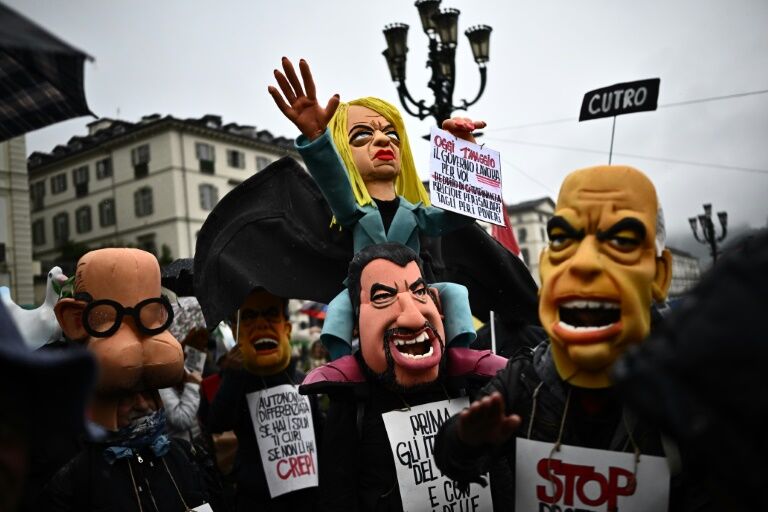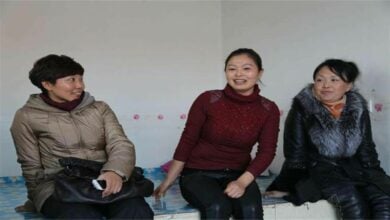Italy’s right-wing government rolls back anti-poverty subsidies

Italy’s right-wing government has decided to reverse the anti-poverty subsidies introduced four years ago, which provided assistance to around four million people last year. The move has been criticised as a ‘provocation’ on the international May Day labour holiday.
Prime Minister Giorgia Meloni, leading the country’s most far-right coalition since World War II, announced that the “citizens’ income” benefits would be replaced by a more limited “inclusion cheque” for qualifying households.
The government argues that the current subsidies, which cost around €8 billion (US$8.8 billion) last year, discourage able-bodied individuals, particularly young people, from seeking employment.
Starting in January 2024, the new inclusion cheques are expected to cost approximately €5.4 billion annually and will be available solely to households with minors, senior citizens aged 60 or older, and disabled people.
Since assuming office last year, Meloni has advocated for corporate tax cuts while pledging to restore Italy’s economic credibility by reducing debt and deficits accumulated during the Covid-19 pandemic.
“We are reforming the citizens’ income to differentiate between those who can work and those who cannot,” Meloni stated.
Yesterday, her government also eased restrictions on companies hiring short-term contracts, a move criticised by unions as keeping workers in unstable financial situations while promising tax breaks to businesses that hire individuals benefiting from the new inclusion cheques.
The objective is to encourage hiring and motivate more young people to find work in the eurozone’s third-largest economy, where the unemployment rate for those aged 15 to 24, at 22.4% in February, is almost triple the national average (8%).
The government has also stated that job seekers must enrol in training programmes or ‘useful projects for the community’ in exchange for a maximum of €350 a month. This measure is expected to cost €2.1 billion next year alone.
Proponents of the citizens’ income programme, introduced by the populist Five Star Movement (M5S) in 2019, argue that it has provided essential support to millions of low-income households, particularly in the economically challenged southern regions.
The Italian INPS social security agency reveals that the citizens’ revenue benefited four million people last year, with an average monthly subsidy of €550.
The forthcoming inclusion cheques will have a maximum limit of €500 a month, with additional support available for households with elderly or disabled members or those without property ownership.
“A serious government does not convene on May 1 to condemn young people to a lifetime of insecurity, destroying their dreams of owning a home or having children,” said former Five Star premier Giuseppe Conte.
Roberto Fico, a well-liked former speaker of the lower house of parliament, labelled Meloni’s decision a ‘provocation’.
Meloni defended her approach in a statement, saying it sent an ‘a strong signal and a privilege to honour workers on this day of celebration, giving them the answers they expect’.
With the recent financial aid for low-income households and the new payroll tax exclusions for companies announced yesterday, Meloni claimed in a separate video message that her government had enacted ‘the most significant tax cuts in decades’.
Nonetheless, thousands of May Day demonstrators gathered across the country, with some protesters in Rome targeting government buildings with eggs. The country’s main labour unions held their main joint rally in the southern city of Potenza, reports Bangkok Post.








